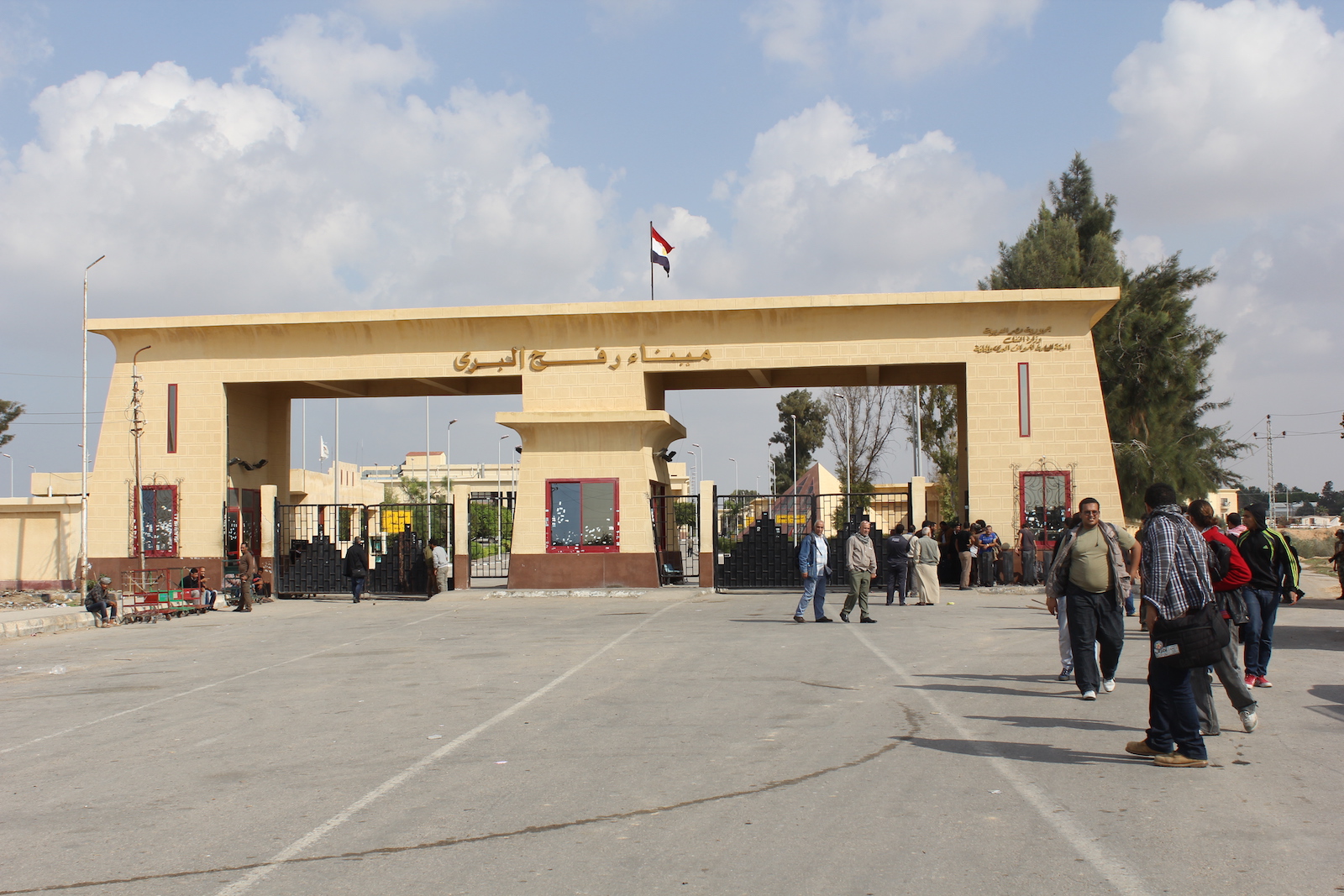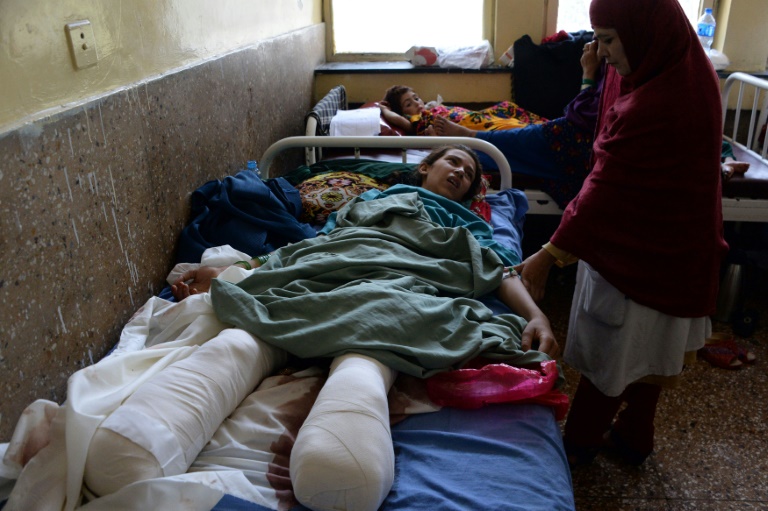Earlier this week, a woman was arrested in Catalonia. This simple statement would never make the front page of any newspaper if it wasn’t for the fact that the very same woman had been accused of rebellion and terrorism by the National High Court (Audiencia Nacional).
She belonged to one of the Committees for the Defence of the Republic (CDR), groups that were spontaneously created by the population to organize the October 1 referendum and have been protesting against the Spanish government since then.
This woman is not the only one facing these charges, however. The Spanish Judiciary has started the second wave of indictments against the Catalan secessionist movement. Authorities have already either jailed the Catalan politicians and civil society leaders who organized the referendum or issued European arrest warrants against them.
If you haven’t been following events unfolding in Catalonia, I understand that you might have read these first paragraphs with a decent amount of frowning. So let’s go back for a moment.
The Catalan government (the Generalitat) organized a referendum on Catalonia’s independence that was conducted – against all odds, or at least against the Spanish government’s will – on October 1 last year. The voters experienced an election day like no other: the Spanish police forces stormed into polling stations all over the region, including in Barcelona, injuring hundreds of people.
October has historically been a shaky month for Catalonia. On October 6, 1934, Lluís Companys, the president of the Generalitat (who was assassinated by the Franco regime in 1940), declared the independence of Catalonia. He was arrested shortly after by Spanish authorities, and the autonomous government of the region was suspended for a year and a half.
History seemed to repeat itself when in October, the Catalan government was deciding how to deal with the referendum results and their impact. After hopelessly waiting for several says for a response from the Spanish government to the dialogue offer, Catalan President Carles Puigdemont decided to declare independence on October 27 unilaterally.
The move responded more to the internal pressure from parts of the secessionist movement than to a strong commitment to a thoughtful, clear plan to implement the declaration of independence.
In the meantime, the Spanish government, at first overwhelmed by the October referendum, had time to rethink their strategy that was unanimously accepted by the most important parties of the Spanish Congress – the Partido Popular (in power), the Socialist Party and Ciudadanos (Citizens).
The plan was simple: suspend Catalan autonomy, call for the Catalan Parliament elections on December 21 and prosecute Catalan politicians with the help of the Attorney General.
Actually, the implementation of the plan had already started, when on October 16, Jordi Sànchez and Jordi Cuixart, leaders of the two most important secessionist civil society organizations, were jailed and charged with sedition as organizers of a demonstration in Barcelona on September 20.
Catalan authorities were well aware there was a real possibility that they would follow “the Jordis.” This is one of the reasons why right after the Catalan autonomy was suspended by Mariano Rajoy (based on the Article 155 of the Spanish Constitution), half of the Catalan government traveled to Brussels.
Some of them haven’t come back yet, and the ones who have, are in prison. On November 2, the vice president of the Generalitat and seven ministers were jailed and accused of rebellion and sedition for organizing the October referendum. Yes, that’s right – they are in jail for organizing a referendum.
With the leadership in prison or unable to freely enter the country, the secessionist movement faced the elections imposed by Rajoy in a very complex situation. However, against all odds, pro-independence parties managed to retain the absolute majority in the Parliament, winning 70 out of the 135 seats.
The party led by Carles Puigdemont, which was formed shortly before the election, won the most seats amongst the secessionists. They had to present their candidate but faced a major challenge: Puigdemont cannot enter Spain without going to jail. The strategy then was to keep the Catalan president safe in Europe, campaigning in favor of Catalan independence and denouncing Spanish repression, while trying to find a solution.
But the events suffered a dramatic turn when Puigdemont was arrested in Germany on March 25, while he was returning from a conference in Finland. The arrest was made after the Spanish Supreme Court issued a European arrest warrant against him, four ministers in exile (one in Scotland and three in Belgium) and the leader of the second secessionist party, ERC, who is in Switzerland.
While the ministers remained free, Puigdemont was kept in a Neumünster prison. The court of the German federal state of Schleswig-Holstein was yet to play the main role in the story.
On April 5, Puigdemont was freed because the German court saw no evidence to support the accusation of rebellion. Catalan independentists saw the decision as a lifeline, while Spanish authorities and the media expressed discomfort and even fury.
However, regardless of personal attitudes people are free to have, what the German court did was shaking the legal case that the Spanish Supreme Court held against Catalan officials. By denying the idea of the rebellion, the German judges denied that Carles Puigdemont violently attempted to break the Spanish constitutional order.
In this situation, violence is the key criterion. If there was no violence on the part of the Catalan secessionist movement (and there wasn’t – in fact, the Spanish police had perpetrated the only instances of violence in these past months), then the accusation of rebellion is absolutely false.
We will have to see how the situation evolves, but right now there is a new wave of ungrounded terrorism accusations against the CDRs. Their crime? Members of the CDRs are being accused of terrorism and rebellion for organizing protests at highway tolls booths.
In another outstanding incident, a man, Jordi Pessarrodona, was accused of “hate crimes” and disobedience just for wearing a clown nose while standing next to a Spanish police officer.
These two cases show that Spain is banalizing such words and concepts, like violence, terrorism, and hate, to criminalize the Catalan secessionist movement.
Victims of actual terrorism in Spain, like Robert Manrique, representative of the victims of the ETA terrorist attack in Barcelona on 1987, are starting to denounce the banal and political use of the word “terrorism.”
It is not the first time when a government is trying to delegitimize a social and political movement by accusing it of terrorism. Actually, it is a growing practice among those who want to suppress opposition in an undemocratic way.
The accusations are all the more worrisome when there are absolutely no grounds for them: Catalan secessionism can be criticized or disagreed with, but not accused of violence. In the past eight years, it managed to show its ability for peaceful mobilization. In fact, since the first massive mobilizations in favor of an independence referendum started in 2010, hundreds of thousands, millions of people have marched, organized protests and referendums without causing a single injury to anyone.
It’s not a nightmare, but a reality that I thought could only be seen on the pages of history books about the Franco regime. And here we are: in 2018, we are standing up against repression. When is the European Union going to wake up?
Disclaimer: The views and opinions expressed here are those of the author and do not necessarily reflect the editorial position of The Globe Post.





















